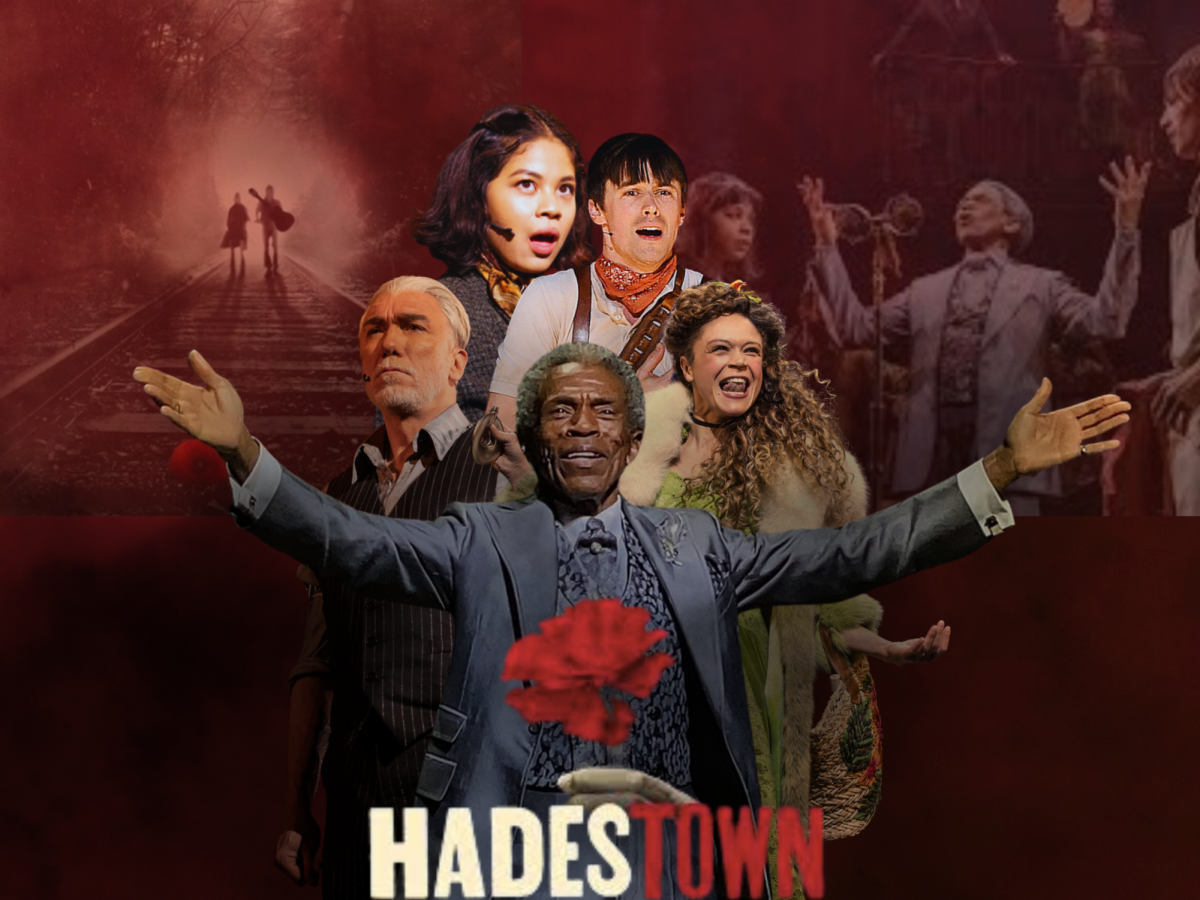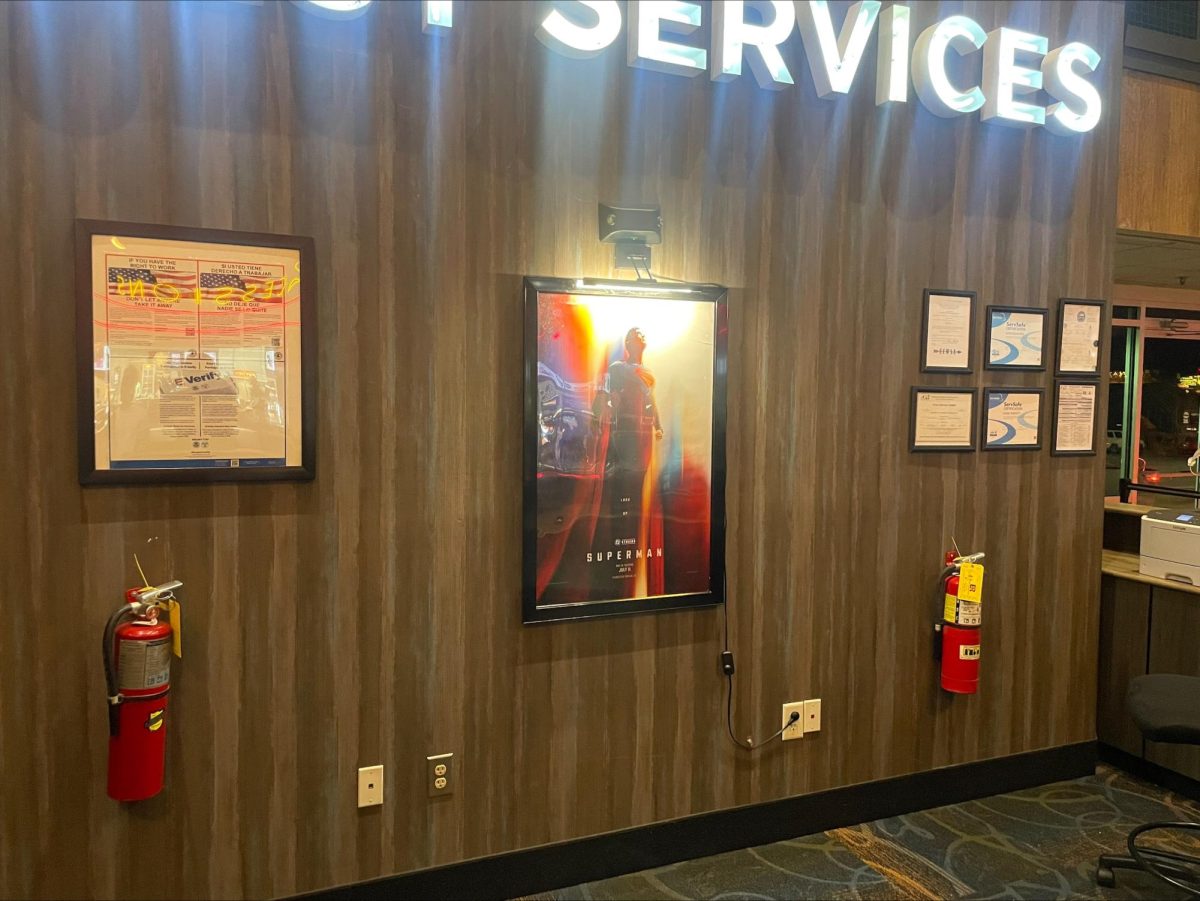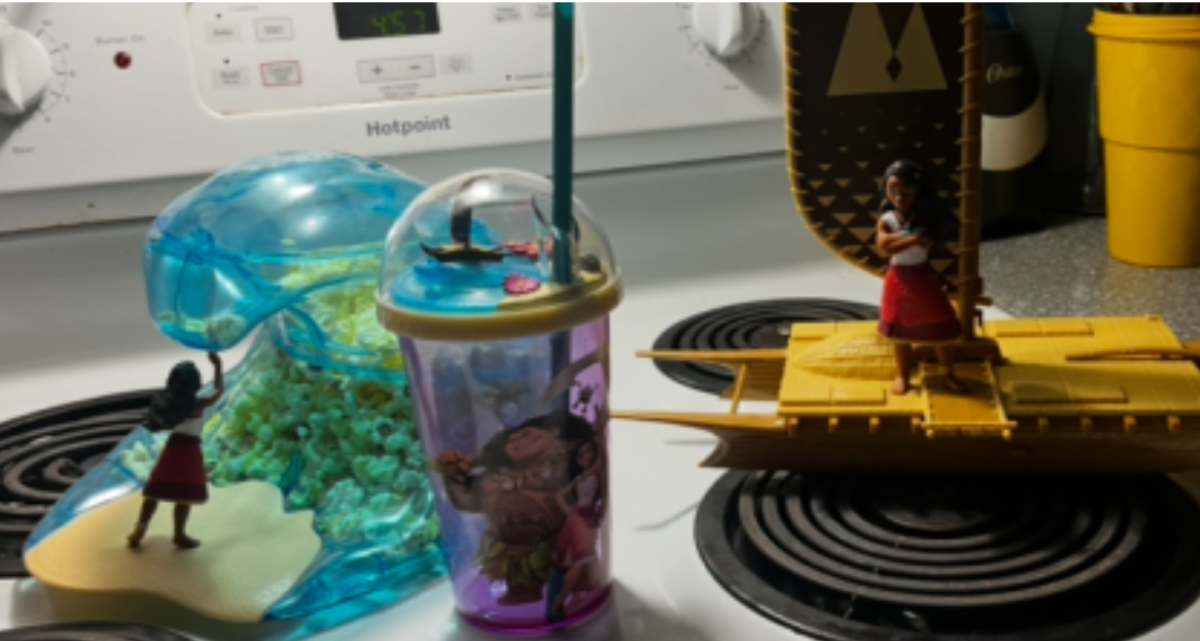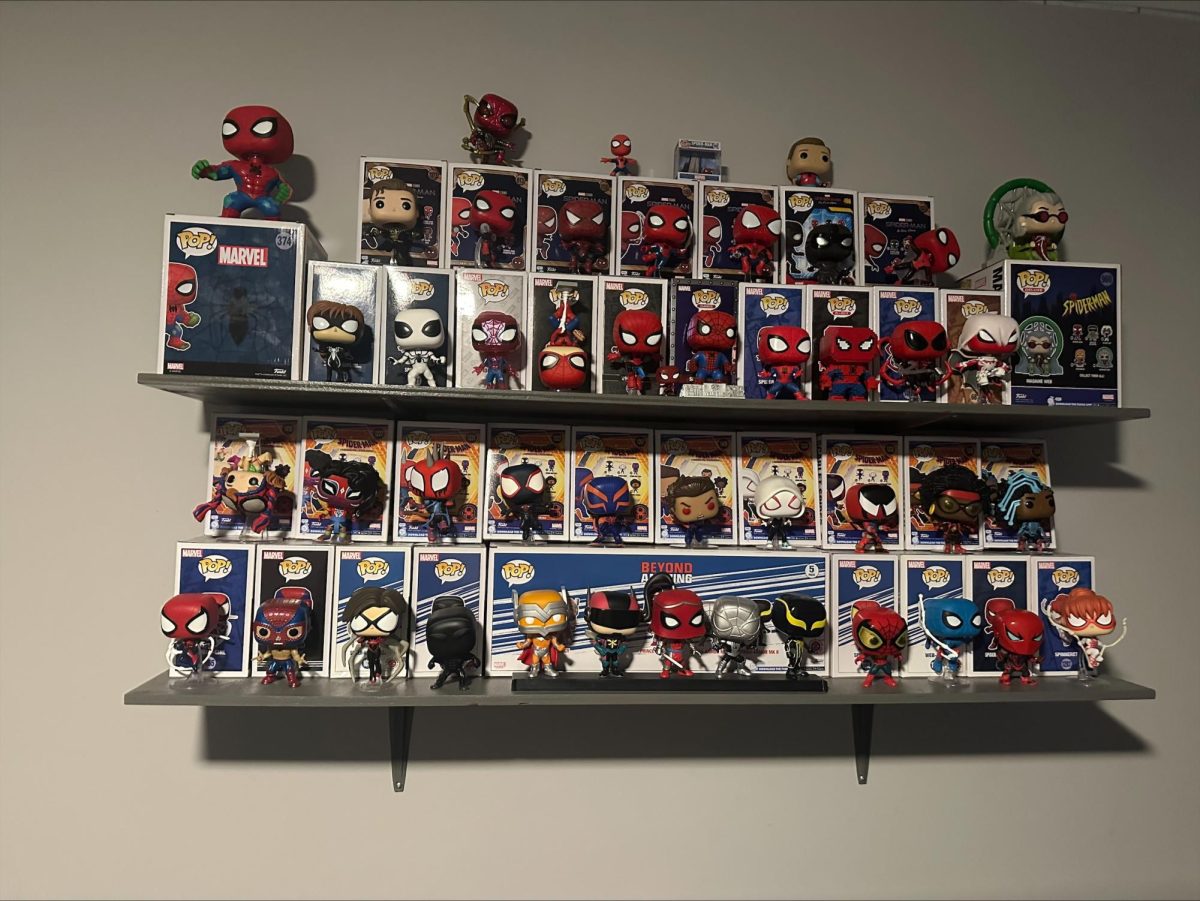Hidden deep under years of history and overlooked music lays The Flaming Tsunamis, a legendary band in the underground ska scene. Although they only have three albums, the band still has a cult following them even after years of silence.
20 years ago, The Flaming Tsunamis released their timeless album “Zombies VS Robots,” a ska album with heavy punk influences. The cult classic is a concept album about zombies and robots at war, alternating between both sides’ perspective while featuring skits to further build the world the project is set in. One of the album’s most captivating features is the creative lyrics that capture the working-class struggles of being overworked and worn down, slowly worked to death by the pressures of a capitalist society. The Flaming Tsunamis put an undead twist on the lyrics that creates an interesting contrast between the lifeless being that is delivering the lyrics and the hard-hitting emotions which only become more apparent as the one percent grows. This can only be described as human and alive yet is simultaneously a product of the times as capitalist greed works people to the point of feeling like a zombie trapped by the system.
“I really love the punk and ska elements in this album, and I think the songwriting is really clever especially how it works in more ways than one with the zombies, like you could take it as the zombies being brainwashed into becoming zombies of the system, or people who were worked to death and became zombies because of the cruel system,” Alden Talone, sophomore said.
“Zombies VS Robots” especially stands out among other ska albums because of the focus on storytelling and world building. The track “Refuse To Die” begins with a skit of a news broadcast covering the beginning of the zombie apocalypse and ends with another news broadcast about how to get rid of zombies. Later in the album on the track “Zombies VS Robots,” listeners were met with yet another news broadcast informing listeners that 3000 years has passed since the beginning of the zombie vs. robot war. Concept albums like “Zombies VS Robots” are few and far between in genres like ska and punk, and The Flaming Tsunamis’ execution of this project is part of what makes the album so timeless.
“Personally, the album was not for me, but I can see why others really like it and I did not think it was bad, it reminded me of Sublime and I really liked the storytelling in it like the skits, I really appreciated the world building and thought that was cool,” Stella Liberman, junior, said.
“Zombies VS Robots” does more than just tell a story about machines warring against the undead. Throughout the album, the struggles of being overworked and tangled up in exhausting and complicated relationships are expressed from the zombies’ perspective. The song “Cancer Swing” expresses the common worker’s frustration towards the ones in charge as the corrupt system and capitalist greed slowly works them to death; when they are gone, they will simply be replaced. Throughout the album, the zombies often express working-class sentiments and disdain for the one percent, as opposed to the robots who are void of any emotion and exist only to kill the zombies. “Zombies VS Robots” is much more than a concept album about the once-dead at war with the never-living; it highlights all the problems in today’s society and how it wears people down and treats people as mere working-class zombies made only to fill the one percent’s pockets even more.
“As an employed person myself, I could really relate to the feelings of frustration and disdain for the one percent throughout the album, I think capitalism like that really is a serious problem in today’s world and class consciousness is really important,” Gavin Jackson, sophomore, said.
The Flaming Tsunamis masterfully put the struggles of working-class citizens into an apocalyptic setting to describe the feelings of frustration and exhaustion that today’s capitalist greed ridden society can bring. Although on the surface zombies at war with robots seems like nothing more than a silly idea, it is a grim yet fitting comparison between today’s late-stage capitalism and how it seemingly zombifies the average person and the emotionless, morally void, almost robot-like one percent, that is programmed for only money and personal gain no matter the cost.















